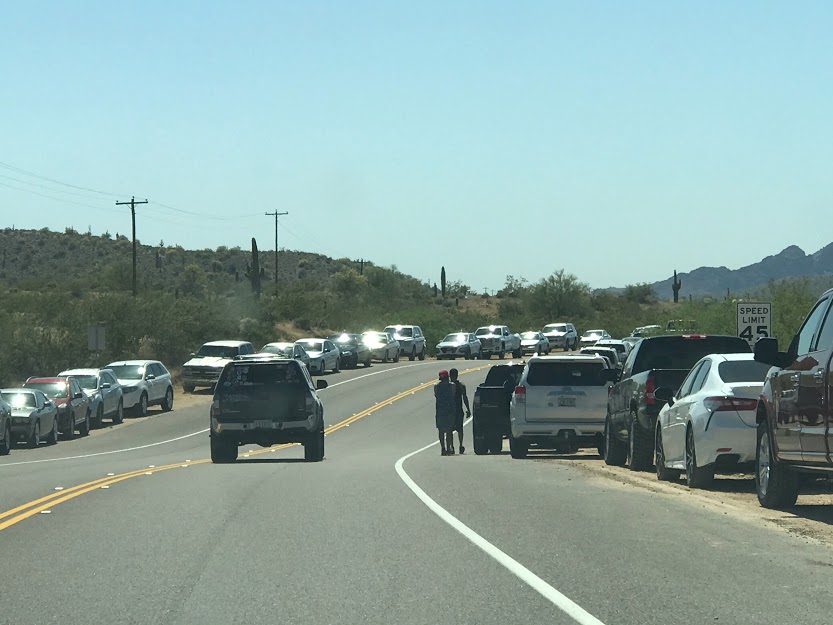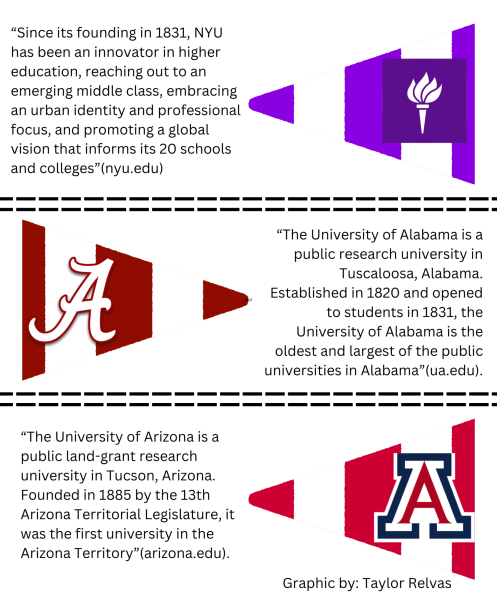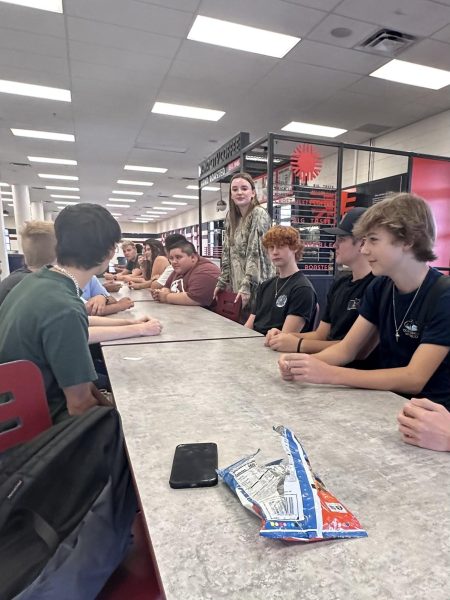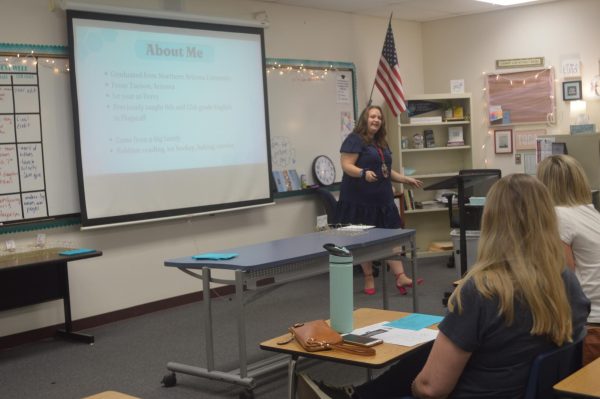How “coronacation” hashtag can be potentially harmful
Now more than ever, people are active on social media during the coronavirus pandemic. Among this increased activity comes new hashtags, but how uplifting and accurate are they?
Cars are parked along each side of the road of Salt River.
In the thick of a pandemic when people worldwide are struggling to understand COVID-19, struggling to receive testing, and struggling to keep themselves and their families safe, we must all step up and do our part to support one another and preserve each other’s health.
A pandemic should be the driving force of unifying the world all under a common goal: to greatly reduce the spread of this fatal disease. However, it seems as if that is not the case.
Although there have been many reports of the older generation seeming to leave the house more despite being the most at-risk age group for contracting the coronavirus, people often neglect the fact that some of the younger generation is contributing to the potential spread of the coronavirus by leaving their house and vacationing. Some of this desire to vacation is fueled by popular social media platforms such as Instagram, Twitter, and Tik Tok.
The fuel social media has added to the fire? #Coronacation: the hashtag that has approximately 124,000 posts on Instagram and accumulations of millions of likes on Tik Tok and Twitter. Although there is not a true definition of what can be considered a “coronacation,” there are a handful of posts that detail people who purchase flight tickets or travel to a destination due to the decrease of flight prices and vacation.
Take 19 year old Tik Tok influencer Kevin Perry (@kevboyperry). Totaling in at 3.2 million followers, it is fair to say that his sphere of influence reaches a wide variety of social media users. On March 16, 2020, Perry recorded a Tik Tok video in which he took advantage of cheap flight prices and bought a ticket from California to Miami, Florida. At the time of Perry’s travel, both his home state of California and Florida declared a state of emergency, alongside experts who advised that travel should only be limited to essential trips. Although there was no official stay-at-home order enacted at the time, California had already issued mandatory quarantines for those returning from places with high numbers of coronavirus exposure.
In his Tik Tok video accumulating approximately 433,800 likes, Perry is seen visiting the Florida beaches. Despite the fact that Perry continuously washes his hands throughout the video and displays himself taking precautionary measures such as wearing a face mask, other people in his video are not.
“We went to the beach, we chilled with our masks on,” Perry explained in a voice-over on his video, pictured with one of his friends.
Upon traveling to the beach, Perry’s video captures a swarm of people in the background failing to adhere to social distancing guidelines.
“Hopefully we don’t get quarantined, thanks guys,” Perry ends his video.
Although this may seem to be a joke, this is the unfortunate reality that people are facing. Perry did adhere to sanitary guidelines and measures effectively, but his Tik Tok exposed a whole group of people who did not.
“Beaches in Florida’s St. Johns County remained open to record crowds through most of March, despite mounting concerns raised by the county’s medical examiner and residents,” Meryl Kornfield of The Washington Post reports.
Even locally, the Salt River stays open and is more packed than ever – with swarms of cars parking on the side of the road because parking lots are filled.
#Coronacation has made its rounds, and is sometimes it is inadvertently promoting people to leave their homes and potentially risk spreading the virus to large groups of people.
However, that is not to say that #coronacation is harmful as a whole. Rather, many social media users have utilized this hashtag to promote staying at home and making a DIY stay-at-home vacation.
With various photos of family backyard camping days, people baking treats and creating new dishes, or just sitting on the couch and creating a makeshift movie theater, the “coronacation” hashtag has brought forth helpful ways to cope with being stuck indoors.
It is important to remember that we are in the midst of a pandemic. Although not every country has labeled this crisis a “pandemic,” we have the power to change this and slow this virus simply by staying home and allowing the world to heal. Isolating indoors is far from an easy task, but there are a myriad of resources available to help cope when stuck indoors.
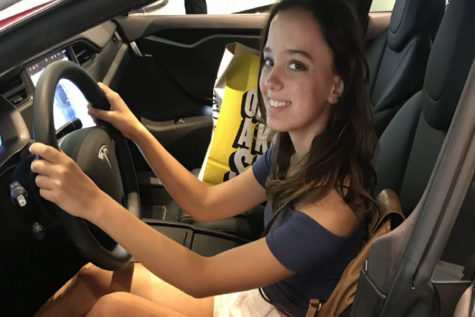
Isabel Behrendt is a senior and is a third-year newspaper student and double-truck editor. This year, she will be covering world language. When she is...

